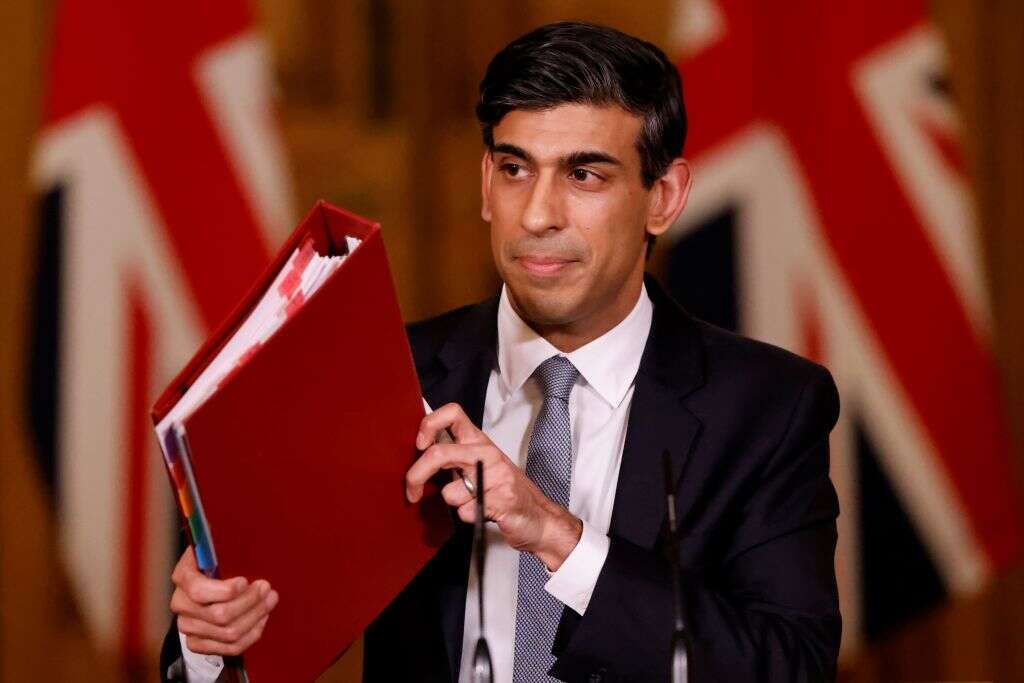

- The UK is losing its status as a world leader on net zero according to a bruising new report by the Climate Change Committee.
- Outside of the power sector, emission reductions need to quadruple to hit an interim 2030 target.
- If the UK wants to compete with the US, the EU and China it needs to set a raft of new policies and be serious about implementing them.
Even if you keep just a loose eye on UK politics, you’ll be acutely aware of the government’s obsession with ‘delivery’. Prime Minister Rishi Sunak rarely misses the chance to mention the term. He’s made it a key tenet of his leadership and his personal integrity.
Well, on climate change, it seems someone forgot the memo. In a report, Progress in reducing emissions, published this week by the UK Climate Change Committee (CCC) covering government progress on reducing carbon emissions, a distinct lack of leadership and delivery was the biggest criticism landed at the feet of the government.
Lord Deben, the report’s lead author and committee chairman, spoke in no uncertain terms: there is not enough delivery and not enough leadership. The targets set by the UK to cut emissions are more in doubt than before. And so is the country’s standing as a leading nation on the most challenging crisis we face today, Deben believes.
The most pressing deadline is the 2030 target of a minimum 68% reduction in territorial emissions compared with the recorded levels from 1990. To achieve this, the CCC concludes that, outside of the power sector, emissions reduction needs to almost quadruple. It’s a huge task.
While progress against set targets in areas such as electric car sales, grid storage, and electricity to gas price ratio is nicely on target, there are many KPIs either slightly or significantly off track. Electric van sales, solar PVs, heat pumps, private sector targets and industrial process emissions are woefully behind, for example.

Thanks, in part, to an embarrassing defeat in court last year, the UK government has been compelled to up its game on quantifying the impact of its decarbonisation policy. The CCC has subsequently been able to provide a comprehensive response to the most recent update of it. The 438-page report delves into where the challenges lay, and where the government is failing on possible solutions to get back on track.
A clear (and often repeated) worry of the committee is government reliance on carbon capture storage technology to reach net zero, an approach the committee believes is too risky. “There appears to be an overly narrow approach to solutions,” the report states. “[It] crucially does not embrace the need to reduce demand for high-carbon activities.”
Other key messages from the report include:
- More urgency to hit deadlines. Although the 2050 net-zero target is 27 years away, the transition is expected to take three decades. “Pace should be prioritised over perfection,” says the report.
- Be true to ground-breaking commitments. There is anxiety that the government is rowing back on specific targets, whether it’s the 2030 fossil fuel vehicle phase-out, the 2035 decarbonisation of the electricity system, or installing 600,000 heat pumps by 2028 (so far only one-ninth achieved). These all look tough to reach.
- Regain leadership on the international stage. The US Inflation Reduction Act, the EU’s proposed Net Zero Industry Act, and China’s investment in critical minerals assets linked to low-carbon technology are all potentially game-changing events. What does the UK have up its sleeve?
- Write more policies and implement them. Policy direction, especially in areas such as the steel sector, is desperately required. Leadership on tree planting and peatland restoration is also much needed, amongst other pressing issues.
- Empowering the public to act. The net-zero transition is relatively well known amongst UK households, but this is not the case when it comes to opportunities to make a personal contribution. It is still not easy or cheap to make low-carbon lifestyle choices.
- Cut planning red tape. “Restrictive” planning rules are slowing down the pace of change. The committee recommends the system must have a requirement to factor in net zero when planning decisions are made.
- Expanding fossil fuel investment is bad. Last year’s decision to open a new coal mine in the north of England was met with dismay as it directly opposes net-zero priorities. It is acknowledged that the UK will continue to tap oil and gas for some time, but new developments should be a no-no.
“The true test of leadership is delivery. And here I am more worried,” Lord Deben concludes in the report. “It would be a terrible error if we in Britain hesitate just as the world wakes up to the opportunity of net zero!”
If Rishi Sunak wishes to leave a legacy centred on effective delivery, then he’d be wise to take heed of the CCC’s fascinating report.
[Read more: A loss of leadership on climate emissions]





